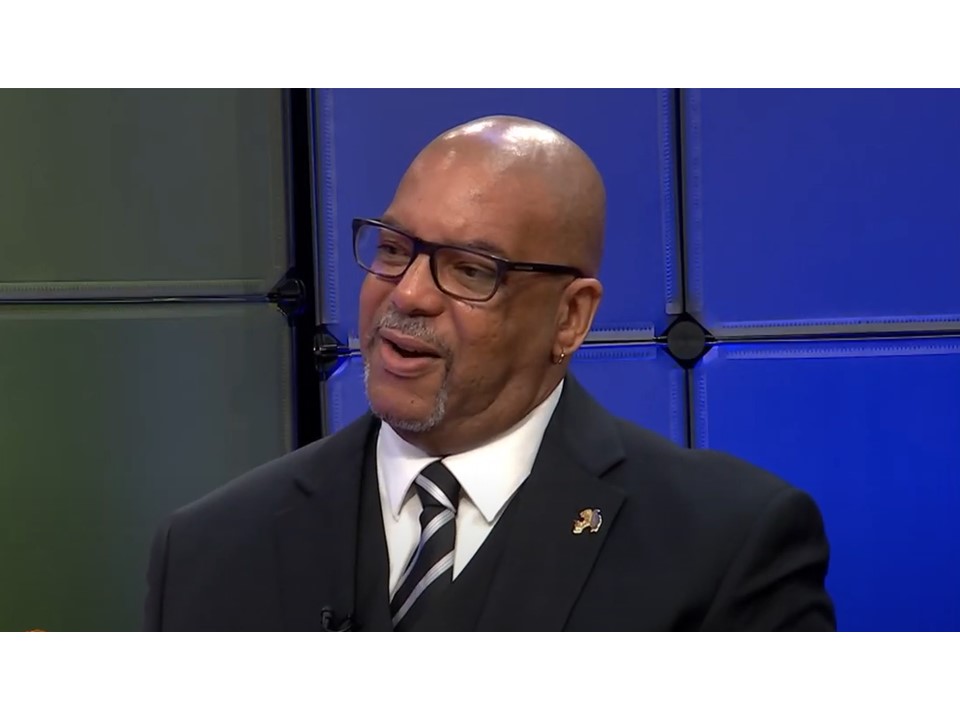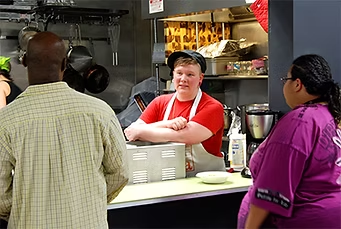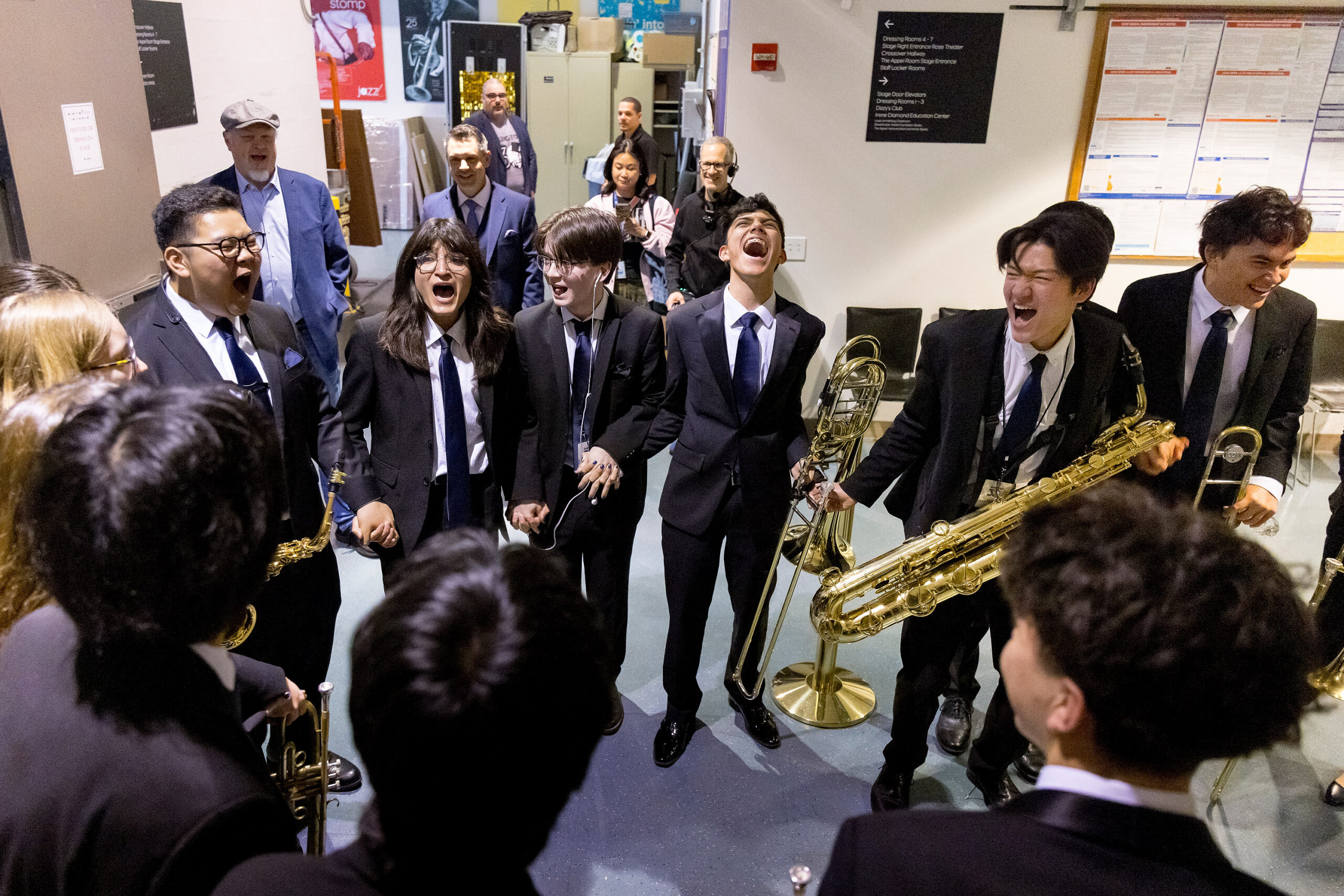For its Fourth of July broadcast, BronxNet’s OPEN program featured Fortune Society Deputy CEO Stanley Richards in dialogue with FJC CEO Sam Marks on our recently-announced revolving loan fund.
“I would encourage donors who are thinking about impacting nonprofit organizations to look at this model,” Mr. Richards said. “It’s an innovative model that allows the recycling of an investment to bring about transformative opportunities for people.”
See the interview here.
The Fortune Society is a leading provider of services and housing for people coming out of incarceration. FJC recently worked with Fortune to arrange a revolving fund, which will help Fortune scale its work developing supportive housing, providing a dedicated source of capital that can be used to initiate these time-intensive, critical projects. The revolving fund was capitalized with funds from a handful of Donor Advised Fund (DAF) accounts, matched by Fortune’s own resources.
“I would encourage donors who are thinking about impacting nonprofit organizations to look at this model. It’s an innovative model that allows the recycling of an investment to bring about transformative opportunities for people.”
Stanley Richards, Deputy CEO, Fortune Society
“Where FJC comes in is helping Fortune Society with a particular bottleneck they face in the housing development process,” explains Marks. “Fortune staff are experts in assembling all the complex financing to build supportive housing. It’s in those early stages – predevelopment – where they might need a few hundred thousand dollars” to access the tens of millions of public and private financing needed to build these projects.
In the interview, Richards notes that Fortune is attempting to have a lasting, generational change. He cited his own experience as a formerly incarcerated individual, who received the resources and support to turn his life around, start a family, and break the cycle of incarceration. “That’s what Fortune does every single day when we serve the men and women who walk through our doors. We provide supportive housing, education, and employment. It’s about generational change.”
Richards also noted the importance of partnership in accomplishing Fortune’s mission, and that by working together, Fortune, FJC and its donors can be more impactful than by working alone.
“This is a model that nonprofits in the housing sector should take a look at,” Mr. Richards said. “And it’s also a model for someone who has resources asking, How do I leverage my resources to make a difference? This is an opportunity for people to lean in, in a way that is aligned with your values and the impact you want to have.”




